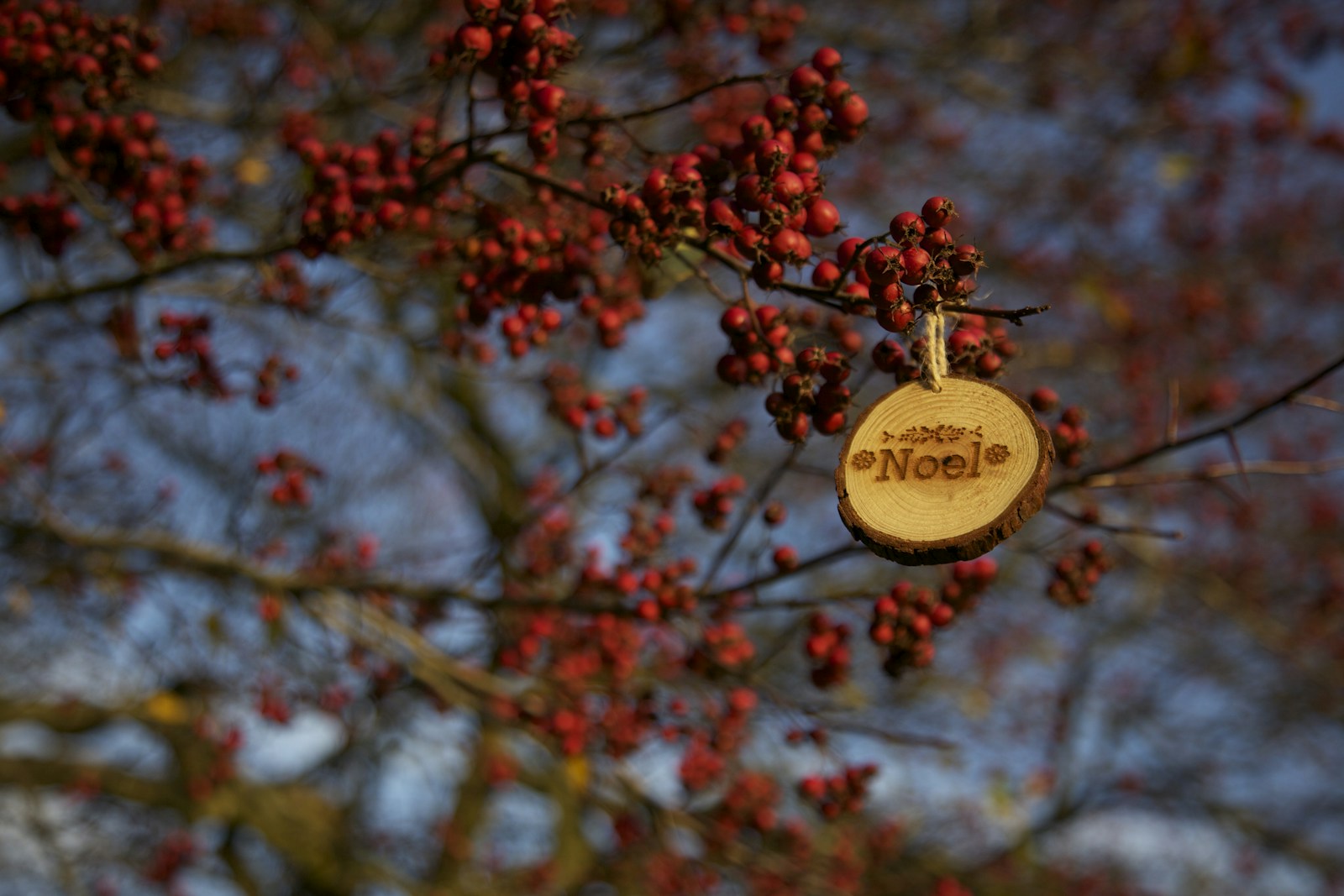
圣诞节
shèng dàn jié

christmas
In Chinese, '圣诞节' is used to represent the holiday celebrated on December 25th, just as 'Christmas' is in English. It can be used in several contexts such as wishing someone a merry Christmas, or discussing holiday plans.
Example sentences using: 圣诞节
圣诞节将近,我们去购物吧.
Shèngdàn jié jiāngjìn,wǒmen qù gòuwù ba.

Christmas is coming, let's go shopping.
None
今年的圣诞节我要回家.
Jīnnián de shèngdàn jié wǒ yào huí jiā.

I am going home for Christmas this year.
This phrase expresses the person's plan to return home during the Christmas holiday of this year.
我们圣诞节时装饰了家.
Wǒmen shèngdàn jié shí zhuāngshì le jiā.

We decorated the house for Christmas.
This refers to the tradition of decorating one's house during the Christmas season.
她喜欢圣诞节的气氛.
Tā xǐhuān shèngdàn jié de qìfēn.

She likes the atmosphere of Christmas.
This sentence tells us that she enjoys the overall vibe and ambiance during Christmas.
圣诞节我收到了很多礼物.
Shèngdàn jié wǒ shōudào le hěnduō lǐwù.

I received many gifts during Christmas.
This sentence tells us that the speaker received many presents during the Christmas holiday.
她不相信圣诞节老人.
Tā bù xiāngxìn shèngdàn jié lǎorén.

She doesn't believe in Santa Claus.
This phrase means that she does not believe in the mythical figure of Santa Claus, who is commonly associated with Christmas.
圣诞节的歌曲使人愉快.
Shèngdàn jié de gēqǔ shǐ rén yúkuài.

Christmas songs make people happy.
This sentence suggests that Christmas songs have the power to cheer people up.
在圣诞节我们总是唱歌.
Zài shèngdàn jié wǒmen zǒng shì chàng gē.

We always sing songs at Christmas.
This sentence tells us about the tradition of singing songs during the Christmas holiday.
他们在讨论圣诞节的计划.
Tāmen zài tǎolùn shèngdàn jié de jìhuà.

They are discussing plans for Christmas.
This sentence tells us that they are currently discussing what they will do on Christmas.
圣诞节夜晚的星空是最美的.
Shèngdàn jié yèwǎn de xīngkōng shì zuìměi de.

The starry sky on Christmas night is the most beautiful.
This sentence describes the beauty of the starry sky on Christmas night.